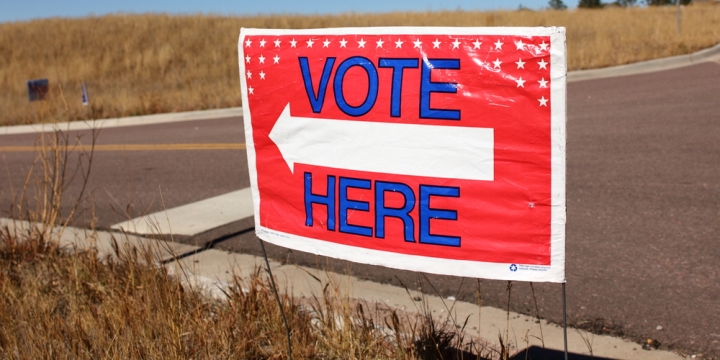Brad Fulton of Indiana University has just completed a study that gives evidence that political activity (i.e. providing directives on voting) in churches has been decreasing.
The most substantial decrease has been among white evangelical churches. Opportunities to participate in direct political activities in those churches have decreased from 21% to 7%. This may be due to the possibility that white Evangelicals have lost confidence in their ability bring about policy changes after having lost several battles over abortion and gay rights. One white Evangelical told me that if Evangelical churches cannot change the moral ethos of the country through persuasion then resorting to political pressure will only be counterproductive.
At the same time, political activity in liberal churches is on the increase. According to Fulton’s study, 80% of liberal churches in 2012 participated in at least one kind of political action. Reflecting on my own observations, liberal churches appear to be strongly supportive of Hillary Clinton. Hillary is a faithful member of a United Methodist Church, which many claim have liberal political leanings.
This may all change during the months that lie ahead. Towards the end of June, a significant number of Evangelical pastors and lay leaders met with Donald Trump in New York, and although there was no formal endorsement of his candidacy, the very fact that they met with him and had favorable comments about Mr. Trump afterwards is being taken by many as a sign of support. This may signal an upswing in political activity in the churches these Evangelical leaders represent.
On the other hand, there are some Evangelical leaders who are voicing dismay over the possibility of a Donald Trump presidency given some of the comments he has made about women, Hispanics, Muslims, and immigrants from Middle Eastern countries like Syria.
Of special concern to Red Letter Christians is that Donald Trump has decided not to sign a pledge to work for policies that would meet the needs of the poor in both America and other countries. He is the only candidate in either party who to date has not signed on to that pledge. If you read those red letters in your Bible that highlight the words of Jesus, you’ll find that concern for the poor in His dominating social issues.
Red Letter Christians are not about endorsing candidates, but we are about raising questions about anyone running for public office who is not committed to putting the needs of the poor near the top of his or her political agenda. When you go into the voting booth this coming November you should be asking, “How would Jesus vote?” And, would He put concern for the poor as a priority?

